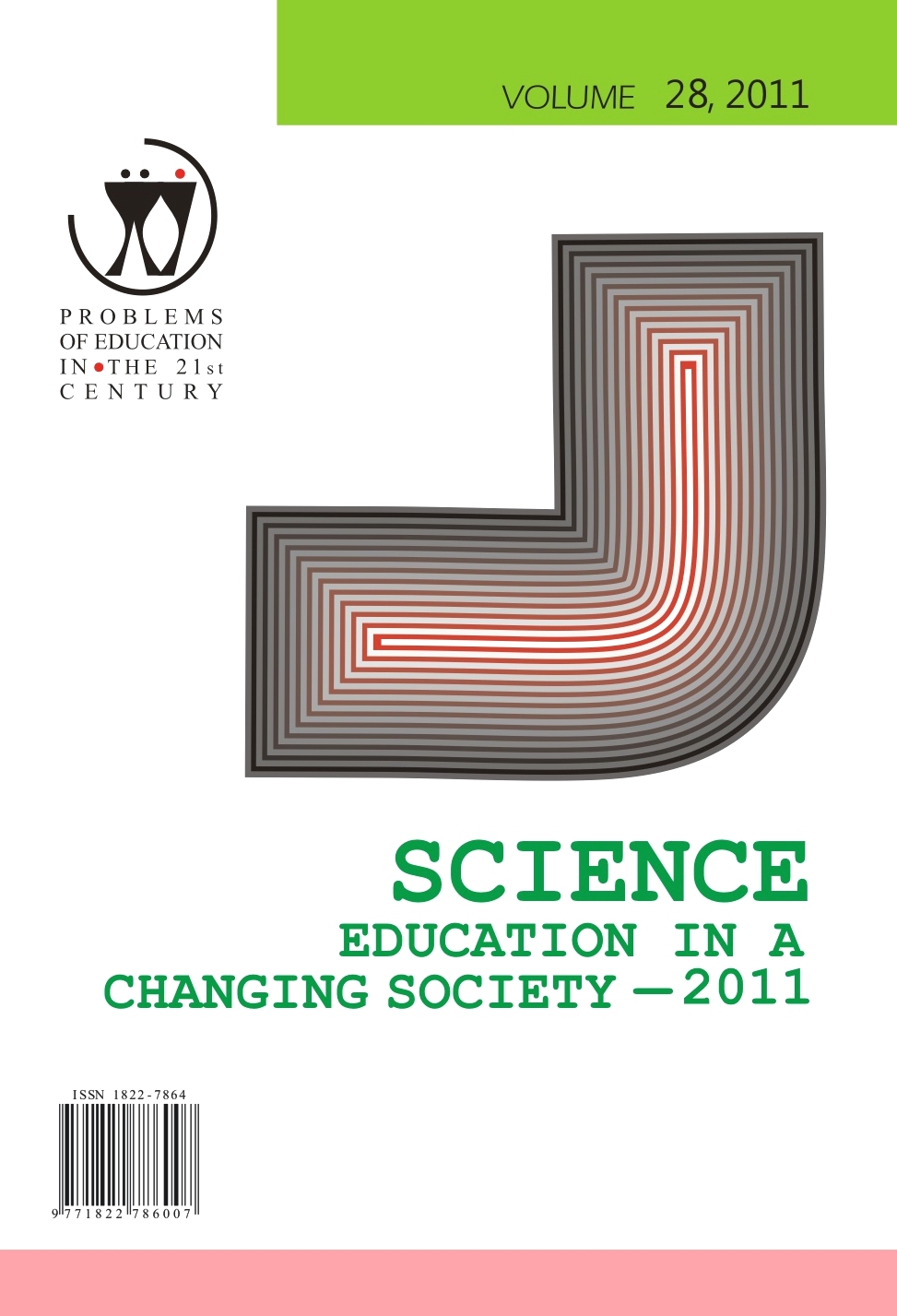DISPARITIES IN MATHEMATICS ACHIEVEMENT AMONG SECONDARY SCHOOLS: THE CASE OF KENYA
DISPARITIES IN MATHEMATICS ACHIEVEMENT AMONG SECONDARY SCHOOLS: THE CASE OF KENYA
Author(s): Jane Amunga, Amadalo Maurice MusasiaSubject(s): Education, School education, Vocational Education
Published by: Scientia Socialis, UAB
Keywords: achievement; disparities; intrinsic; professional development and proficient;
Summary/Abstract: In Kenya, one the subjects tested by the Kenya National Examinations Council (KNEC) in the Kenya Certificate of Secondary Education (KCSE) is mathematics which is a compulsory subject for all candidates. Although competence in mathematics is paramount due to constant change in the global economy and workplace, achievement in the subject remains dismal. It is very important for students to be proficient in this subject because it plays an important role in career choices and professional development. Under-achievement in mathematics limits ones opportunities in competitive professional courses at all tertiary levels. This study sought to establish disparities in the achievement of mathematics in KCSE during 2005-2009 among boys’ and girls’ boarding schools and mixed day schools. Descriptive research design was adopted and data was collected from the Heads of Mathematics Departments in 32 secondary schools in Western Province. Descriptive and inferential statistics were used in the analysis. The findings reveal that there are wide disparities in the performance among the different categories of schools as well as gender. Boys’ boarding schools have a lead in achievement in mathematics. Factors mentioned as contributing to poor performance in mathematics include lack of sufficient text books, negative attitude by students and teachers, lack of frequent practice by students and the influence of previous poor performance. It is hoped that these findings will assist teachers and secondary school administrators address factors contributing to poor performance in mathematics. It is recommended that school administrators should provide sufficient learning materials. In schools with low achievement in mathematics, there should be a concerted effort by entire staff to change the attitude of students towards the subject and incentives given for any minimal improvement realized.
Journal: Problems of Education in the 21st Century
- Issue Year: 28/2011
- Issue No: 1
- Page Range: 8-18
- Page Count: 11
- Language: English

